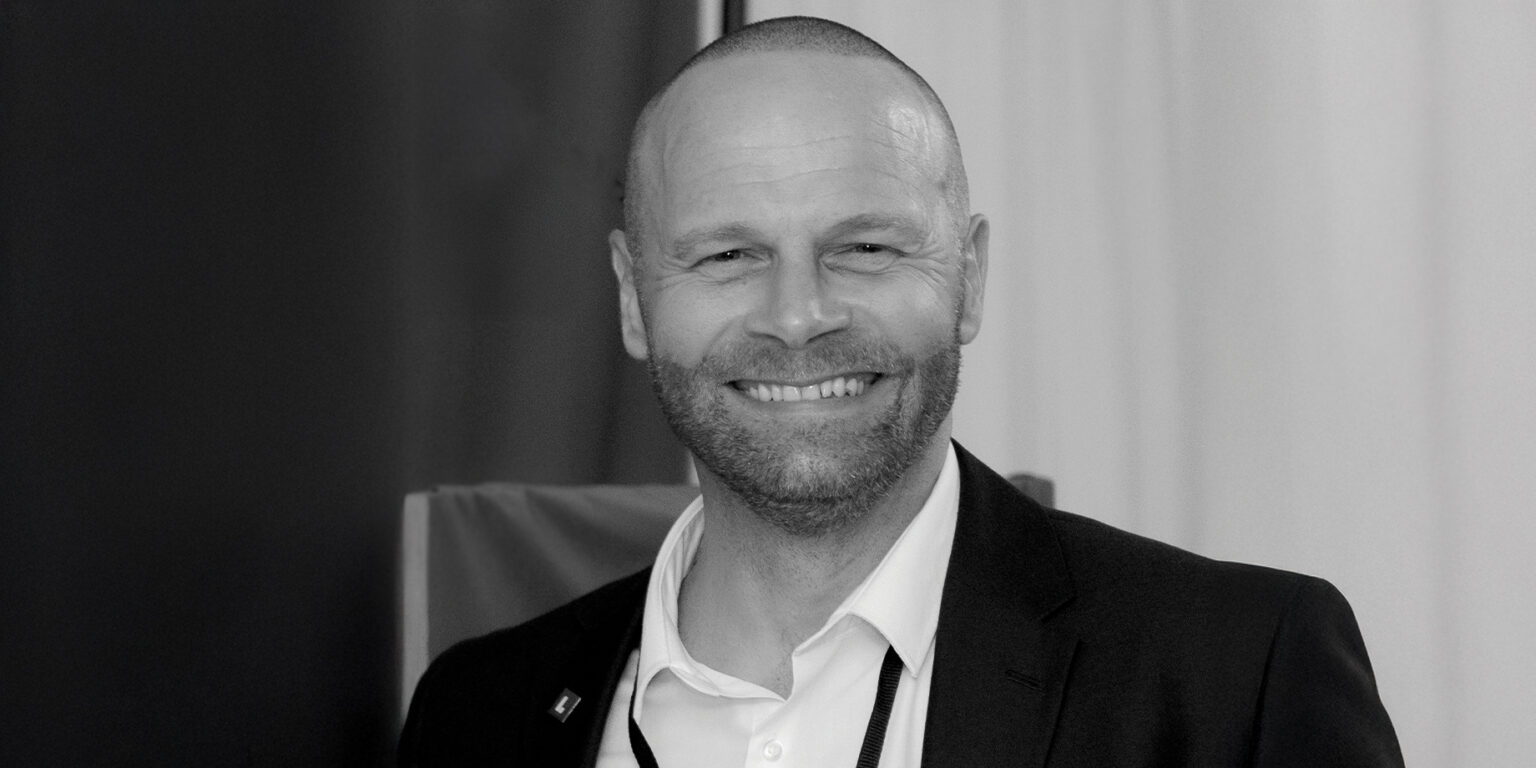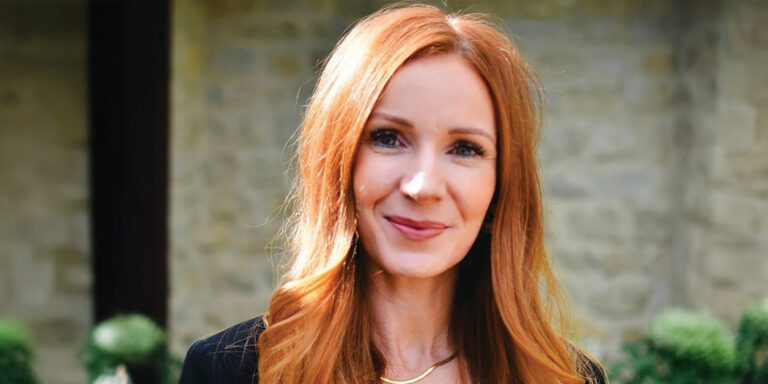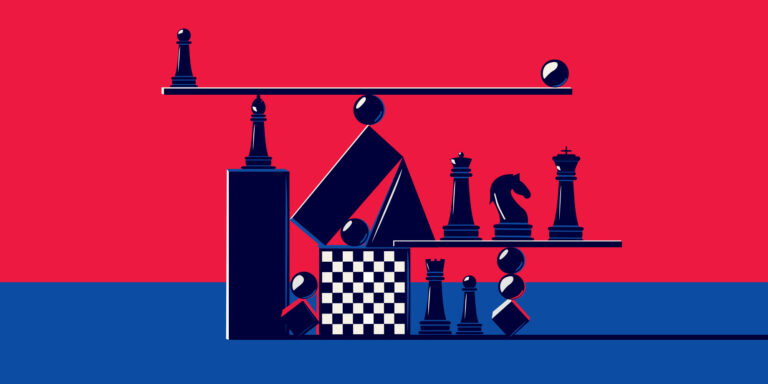What does leadership mean to you?
Role-modelling, trust, and development. Leaders give unspoken permission through their behaviours, so it is vital they role-model desired positive behaviour and culture. American auto executive Lee Iacocca said he “hires incredibly talented people and gets out of the way”, displaying humility, acknowledging employee value, and recognition through meritocracy. Empowering people through autonomy and allowing freedom to fail encourages talent showcasing, unlocks creativity, and increases the likelihood of ownership taking. Employees learn from leaders (and vice versa), their own mistakes, and planned development; therefore, coaching and feedback are essential leadership behaviours.
What are your main leadership and management challenges?
Coaching and feedback cultures require leadership humility – accepting feedback with a sincere ‘thank you’, not always saying ‘I know’ when people share expertise or ideas. Leaders should coach while demonstrating willingness to be coached. A plethora of leadership theory evolutions over the past few decades demonstrate the need for continual leadership development. Challenges include shifting mindsets towards self-development and recognising that the long-term benefits of investing in people development outweigh short-term inconveniences.
How does the landscape of your sector affect those challenges?
Pressures to perform from business owners or organisational stakeholders can result in leaders looking to maximise output from minimal resource. In essence, they want as much as they can from their talent, without downtime. Leaders should view people as untapped resources and bite the bullet when investing in their development – this results in long-term growth. Empowering people frees up leaders’ time to create space for self-reflection, their own development, and coaching, additionally creating succession pipelines of future leaders.
“Good judgement comes from experience, which usually comes from bad judgement”
What are you focusing on from a leadership and management perspective?
Good judgement comes from experience, which usually comes from bad judgement. Creating environments for people to comfortably fail (and learn from it) ensures psychological safety, increasing creativity and productivity. This is mediated by cultures where discussions about development take place. Giving leaders insights, tools and skills to ensure confidence and competence in coaching (and holistically leading) people is a key focus.
How do you develop your people?
Appraisals are used as indicators of development needs and discussions take place regularly, led by employees in a coaching format. Team members know how performance objectives link with overall team objectives, and how development objectives link with their role competencies and career goals. ‘Feedback loops’ are used, sharing feedback with a focus on continued development for both parties. I also emphasise personal growth. To facilitate a culture of empowerment, I constructively challenge with Socratic questioning.
What is your biggest leadership lesson over the past year?
Research suggests leadership is pivotal to creating great workplaces. We should always be taking lessons; they’re all around. For example, video games provide great leadership principles. They give immediate feedback (rather than waiting for the next appraisal); instant rewards (even if that is a simple ‘thank you’); start easy to increase competence, then increase complexity (progress); if you fail, ‘respawn’ (learn and have another go). As leaders, be authentic. Be interested, listen to learn, and demonstrate openness and honesty.
This article is adapted from a feature first published in the winter 2024 issue of Edge.





